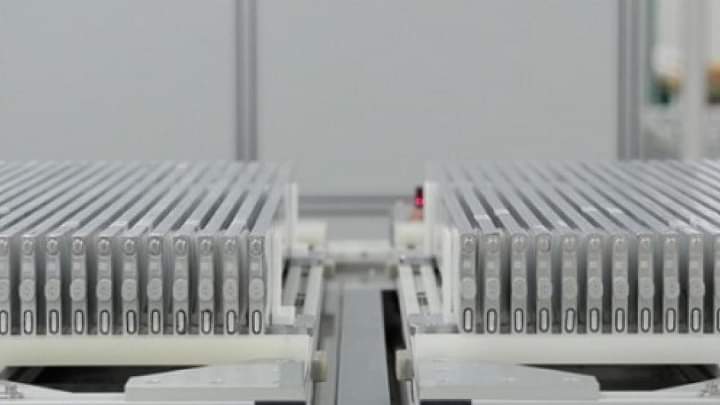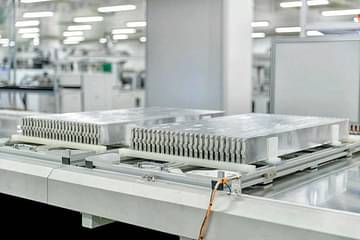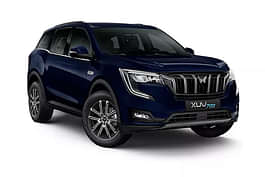
As per the global platform sharing alliance between Suzuki and Toyota, electric vehicles seem to be a domain that has seen significant development over the years, and the lineup is yet to be introduced to India. Maruti and Toyota plan for their electric vehicles to be equipped with different types of battery cells which are said to be more safe and efficient when compared to the conventional batteries used in electric cars. Stay tuned to know more.
This new type of battery cells are manufactured by the Chinese Electric vehicle manufacturer BYD and Maruti Suzuki and Toyota plan to lay their hopes with this advanced battery technology. We have all known about the WagonR EV, which has been spotted testing a lot number of times on the Indian roads. Reports suggest that Maruti Suzuki and Toyota are currently developing a mid sized SUV from the scratch with an electric powertrain to take upon the likes of the Indian market, and expect this breath taking technology to power their electric vehicles.
Also Read: Toyota Hyryder (WagonR EV) Spied Without Camouflage - Check Out The Clear Images
BYD Blade cells are a cutting edge technology that makes use of Lithium-Ferrous phosphate (LFP) compounds which is termed to be much safer than conventional Lithium-ion batteries as per the laboratory tests. Despite puncturing the cells, overcharging and overheating the battery pack to extreme temperatures, it did not emit smoke or catch fire at any stage which proves to be a significant development compared to conventional batteries used in EVs.

BYD battery packs make use of a 'cell to pack' architecture which reduces manufacturing costs and improves affordability of an electric vehicle. Not making use of rare and expensive earth metals like cobalt and nickel also contributes to the cost reduction factor to a great extent. The engineers at BYD have managed to directly integrate the battery cells into a battery pack with less packaging, thus making the battery pack less expensive and slimmer. These compact cells have also helped to increase the efficiency of the battery pack in terms of charge density.
Also Read: BYD Q1 Electric Truck Spotted In India - Launch Soon?
Nickel, Manganese and Cobalt batteries have been the choice of many Electric Vehicle Manufacturers even though they have faced heavy criticism as they are prone to fire hazards on exposure to heat or spontaneous explosions in case of accidents. With this breakthrough, BYD is confident of its technology to be more superior and robust in the long run as they have managed to solve most of the problems that Electric Vehicle manufacturers face.
Maruti Suzuki and Toyota seemed to be pulled towards the same USPs of this technology. With affordability, reliability and performance as the main criteria to develop their mid-size SUV, the advantages of the BYD Blade cell technology can make their dreams come true. With Toyota already having a contract with BYD to develop batteries in China jointly, the automotive manufacturer plans to bring their battery technology to India as well. Without any information of BYD setting up a manufacturing facility in India, it seems as if these blade cells from BYD would be procured and imported in India and then assembled at the joint battery manufacturing facility by Suzuki, Denso and Toshiba in Gujarat.
Also Read: BYD e6 MPV Delivery Begins In India For B2B Customers- Details
So, what do you think about Maruti and Toyota electric decision on battery cell type? Would this technology prove to be robust in the long run in the harsh Indian climatic conditions? Share your views in the comment section. Let's get into a discussion with this in our 91Wheels Telegram and 91Wheels Whatsapp group, where you can know more about vehicles, conduct discussions on your favourite ride, and much more! You can also subscribe to our Youtube channel for our exclusive video content on the latest from the world of cars and motorcycles. Also, connect with us on Facebook, Instagram, and Twitter for more about vehicles!





















